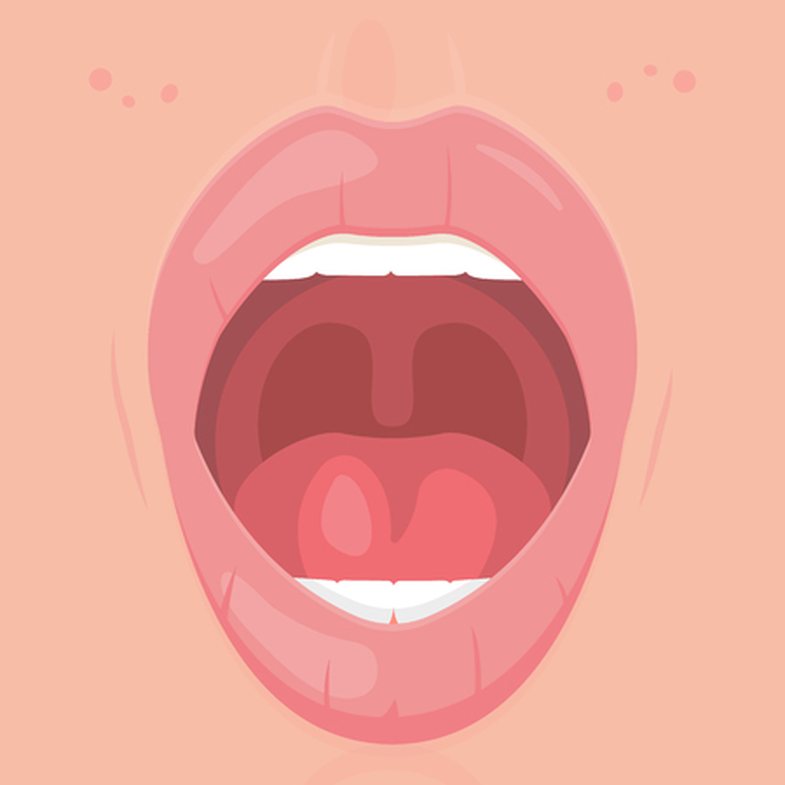
Your body can tell you a lot about health - especially the coronavirus, which can affect different parts of the body. Covid may exhibit some symptoms and lately, importance is being paid to changes in the mouth.
White tongue
A change in the appearance of the tongue is one of the latest symptoms being reported. Tim Spector, an epidemiologist and lead investigator for the ZOE COVID Symptom Study app, posted on Twitter a photo of a patient with a white tongue that resembles a condition called "geographic language." Spector pointed out that "Covid tongue" may be one of the "less common symptoms" experienced by patients which is not included in official public health lists.
According to the Mayo Clinic, this is an inflammatory condition, which may indicate coronavirus infection. An August 2020 study, published in the International Journal of Infectious Diseases said that when cells with ACE2 receptors become infected with the virus, it can cause inflammatory reactions in organs and tissues, including the tongue.
Rash and ulcer
Skin rashes have been widely documented as a symptom of coronavirus, but you may also experience redness of the mouth. According to WebMD, a Spanish study published in the journal JAMA Dermatology was the first to identify this symptom, called enanthem, which presents as a rash or ulcer in the mouth. In the study, enanthem usually appears somewhere around two days before the onset of other coronavirus symptoms up to 24 days after.
Metallic taste
A December 2020 study published in Neurology Clinical Practice found that 62.4% of coronavirus cases had symptoms of dysgeusia, which is a distortion of the sense of taste. Robert Korn, an emergency physician in New York, told Refinery29 that a metallic taste in the mouth could simply be "a taste changed on the way to losing sensitivity completely."
dryness
A September 2020 study in the journal Ear, Nose & Throat concluded that dry mouth, otherwise known as xerostomia, should be considered a symptom of coronavirus. The researchers noted that various studies have shown that the salivary glands had the highest presence of ACE2 receptors in cells - and that these receptors are what allow the virus to enter a person's body.

- Epiphany 3C: How the Japanese understood Covid better than anyone else
- Ice cream in China tests positive with Covid-19: What does this mean and is there room for panic?
- From eggs to potatoes: 10 super-foods that relieve stress
- How many Albanians need the vaccine
- Here are how many months you can be protected from Covid after the first infection
Burimet: WebMD, BestLife





